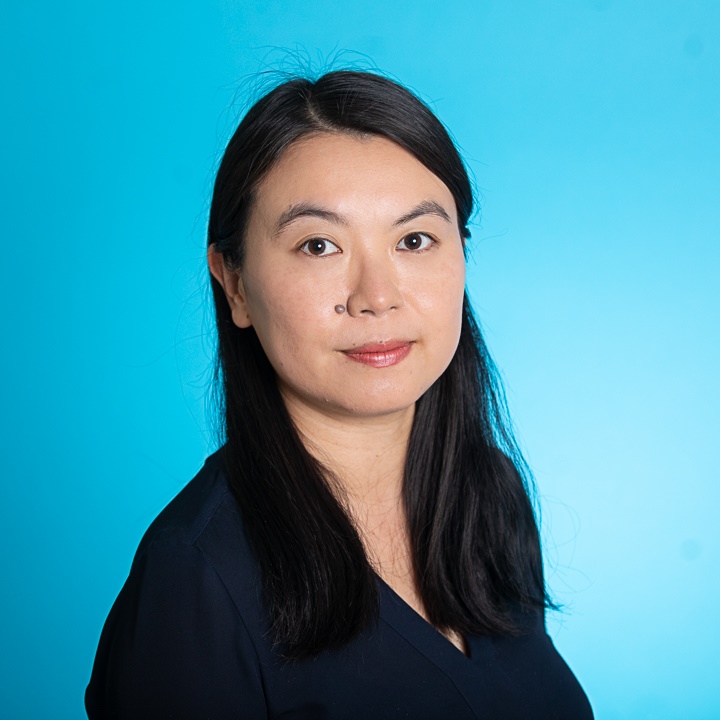
Dr. Qian Wu (PhD in Applied Linguistics, Pennsylvania State University) is a social scientist and an educational researcher/practitioner. Her research program finds intellectual roots in social constructivist learning theories, primarily Vygotskian sociocultural theory, Activity Theory, and identity and learning. She advances research on the ways social contexts, such as social interaction, program and curriculum, and the broader social and cultural environments, and personal histories mediate the practices of learning and teaching.
Dr. Wu is currently leading several research projects. In a grant-awarded study, she investigates what shape patient and family partners’ stories and the ways they choose to tell them, or the discourses that underlie their perceptions of what is possible to say and do. In a study funded through AMEE (Association for Medical Education in Europe), she is examining the underlying pedagogical paradigms and values in the design and implementation of anti-oppressive faculty development programs. Most recently, she is leading a line of inquiry that explores the complexities and tensions arise in faculty development interventions (e.g., coaching) that serve clinical educators who need teaching performance improvement, with a scoping review and a multi-case study.
Onyura B, Fisher A, Wu Q, Rajkumar S, Chapagain S, Nassuna J, Nirula L. Evaluators’ voices: Examining frontline realities of program evaluation practice in academic health sciences. Medical Education. Submitted.
Onyura B, Wu Q, Grunsky K, Mullins H, Torabi N, Hamza D, Nirula L. Is that realist? Trends and methodological (mis)alignment in theory-based evaluation in medical education: A scoping review. In preparation.
Kinginger, C. & Wu, Q. (2018). Learning Chinese through contextualized language practices in study abroad residence halls: Two case studies. The Annual Review of Applied Linguistics, 38. 102- 121. https://doi.org/10.1017/S0267190518000077
Wu, Q. (2018). Communicating emotions in Chinese: Dorm talk in study abroad. Global Chinese, 4(2), 337-359. https://doi.org/10.1515/glochi-2018-0016
Kinginger, C., Wu, Q. & Lee, S.-H. (2018). Chinese language acquisition in study abroad contexts. In Ke, C. (Ed.). The Routledge handbook of Chinese second language acquisition. London, New York: Routledge.
Lee, S.-H., Wu, Q., Di, C. & Kinginger, C. (2017). Learning to eat politely at the Chinese homestay dinner table: Two contrasting case studies. Foreign Language Annals.https://doi.org/10.1111/flan.12244
Kinginger, C., Wu, Q., Lee, S.-H., & Tan, D. (2016). The short term homestay as a context for language learning: Three case studies of high school students and host families. Study Abroad Research in Second Language Acquisition and International Education, 1, 34-60. https://doi.org/10.1075/sar.1.1.02kin
Kinginger, C., Lee, S.-H., Wu, Q., & Tan, D. (2016). Contextualized language practices as sites for learning: Mealtime talk in short-term Chinese homestays. Applied Linguistics, 37(5), 716–740. https://doi.org/10.1093/applin/amu061
Yang, B. & Wu, Q. (2014). Acquiring the perfect aspect marker le in different learning contexts. In Jiang, N. (Ed.). Advances in Chinese as a second language: acquisition and processing (pp. 10-32). Newcastle upon Tyne, UK: Cambridge Scholars Publishing.